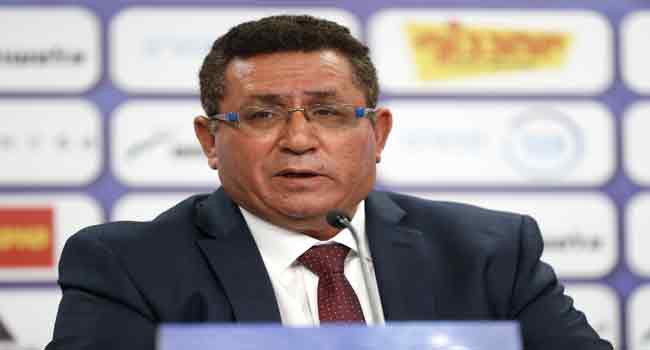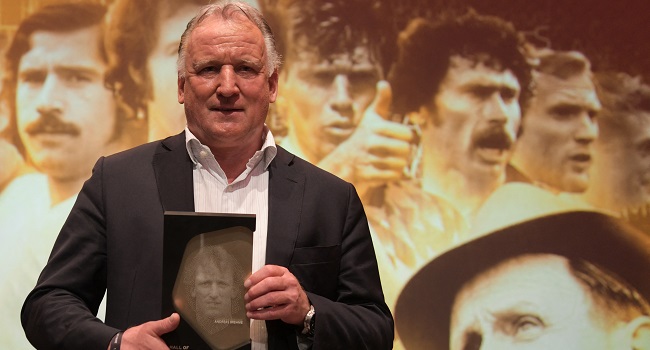
Israel cried foul Thursday after Argentina cancelled a football match with the Jewish state, worried that a strengthening cultural boycott could affect its hosting of the 2019 Eurovision song contest.
The World Cup warm-up match, planned for Saturday in Jerusalem, was called off Tuesday after a campaign by the Palestinians, with Israeli newspapers pointing fingers at Culture and Sports Minister Miri Regev, who was behind the game’s relocation from the northern Israeli city of Haifa to the divided holy city.
An opinion piece in the left-wing Haaretz newspaper said Regev had scored an “own goal” after “imposing politics on sports”, and the centrist Yediot Aharonot featured a sick nine-year-old boy who broke out in tears when he learned he would not be accompanying Barcelona superstar Lionel Messi onto the pitch.
Politicians were quick to seize on the cancellation, with opposition leader Isaac Herzog telling public radio Thursday it was “a failure with Regev’s name on it”.
The Argentine Football Association said that with the World Cup beginning on June 14, the squad needed to “focus on what is really important”.
The Palestinians said the Argentinians pulled out of the match after they realised Israel was using its presence in Jerusalem for political gain.
Regev rejected the notion that moving the match brought about its cancellation, saying Messi and his family received threats over the game.
“Terror defeated him,” Regev told public radio on Thursday.
Eurovision fears
Unconfirmed reports in Israeli media spoke of a possible rescheduling of the game — again in Jerusalem — but officials feared the high-profile cancellation would cause long-term damage to the Jewish state’s international standing.
Rotem Kamer, head of the Israel Football Association, said Argentina cancelled the match because of pressure from Palestinians and the Boycott, Divestment, Sanctions (BDS) movement — which leads a global campaign against Israel, targeting the country’s economy, art scene and sports.
“It’s inconceivable that teams won’t come here in official capacities,” Kamer told public radio.
“This is a red flag and we’ll have to see how it develops.”
Prime Minister Benjamin Netanyahu, quoted by Israeli media accompanying him on a visit to London, said he was concerned “there could be pressure to cancel other events in other fields as well”.
Israel sees the BDS movement as a strategic threat and accuses it of anti-Semitism — a claim activists firmly deny, calling it an attempt to discredit them.
Several politically active musicians have called off shows in Israel in the past few years, including Lauryn Hill and Elvis Costello, with New Zealand singer Lorde pulling out of a Tel Aviv show in December.
Netanyahu did not specify which other events might face pressures, but when Israel won the Eurovision 2018 song contest — winning the Jewish state the right to host the contest next year — Regev said it would be held in Jerusalem.
Israel considers Jerusalem its “indivisible” capital, while Palestinians claim the eastern part of the city — occupied by Israel in 1967 and later annexed — as the capital of their future state.
US President Donald Trump’s recent transfer of the US embassy in Israel from Tel Aviv to Jerusalem sparked protests in the Gaza Strip in which dozens of Palestinians were killed.
On Thursday, Israeli officials involved in the song competition were cited by Haaretz as saying there was “unease” in the European Broadcasting Union about holding the contest in Jerusalem next year.
An EBU spokesperson told AFP on Thursday that the final decision on the location of next year’s contest would be made “by the host broadcaster in conjunction with the EBU and its members”.
Regev, meanwhile, has dug in her heels.
“If they try to relocate the Eurovision from Jerusalem, I’ll suggest to Prime Minister Benjamin Netanyahu not to invest the 50 million shekels ($14 million) and give up hosting the Eurovision in Israel,” she told Yediot Aharonot.
AFP



